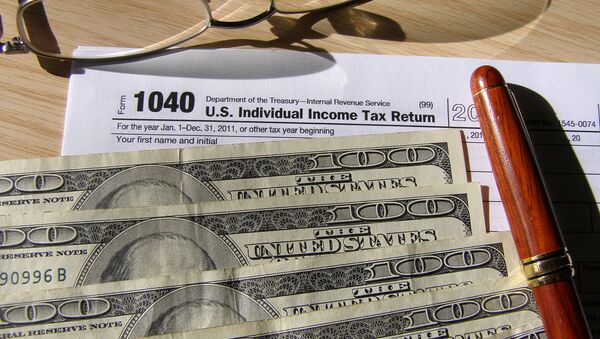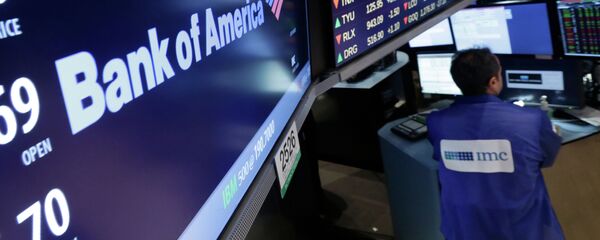The super-rich have spent billions over the past two decades creating this system to shield their wealth, according to an investigation by the New York Times.
"Operating largely out of public view – in tax court, through arcane legislative provisions and in private negotiations with the Internal Revenue Service – the wealthy have used their influence to steadily whittle away at the government’s ability to tax them. The effect has been to create a kind of private tax system, catering to only several thousand Americans," the newspaper reported.
Twenty years ago, the 400 highest-earning taxpayers in America paid nearly 27% of their income in federal taxes, according to IRS data. By 2012, that figure had fallen to less than 17%, which is just slightly more than the rate paid by the typical family making $100,000 annually.
This system, however, is unavailable to the typical family due to its cost and complexity.
— Bernie Sanders (@SenSanders) December 30, 2015
The ultra-wealthy "literally pay millions of dollars for these services," Jeffrey A. Winters, a political scientist at Northwestern University who studies economic elites, told the Times. In return, he said, they "save in the tens or hundreds of millions in taxes."
Victor Fleischer, a law professor at the University of San Diego who studies the intersection of tax policy and inequality, told the Times:
"We do have two different tax systems, one for normal wage-earners and another for those who can afford sophisticated tax advice. At the very top of the income distribution, the effective rate of tax goes down, contrary to the principles of a progressive income tax system."
Moreover, these super-rich Americans are donating much of the early funding for the 2016 presidential election in an effort to keep these tax loopholes open.
"There's this notion that the wealthy use their money to buy politicians; more accurately, it’s that they can buy policy, and specifically, tax policy," Jared Bernstein, a senior fellow at the left-leaning Center on Budget and Policy Priorities, told the Times.
"That's why these egregious loopholes exist, and why it's so hard to close them," added Bernstein, who also served as chief economic adviser to Vice President Joe Biden.



